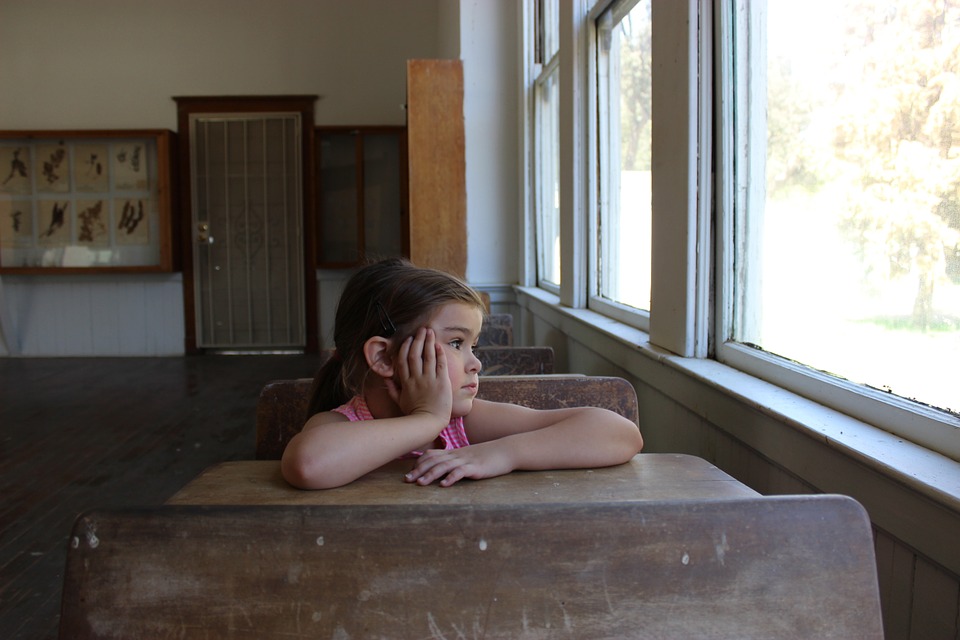In a world first, breakthrough research from La Trobe University has shown that toddlers with autism are just as capable of learning important life skills through early-intervention delivered in mainstream pre-schools as in specialised settings. La Trobe University
In a world first, breakthrough research from La Trobe University has shown that toddlers with autism are just as capable of learning important life skills through early-intervention delivered in mainstream pre-schools as in specialised settings.
Over a period of three years, 44 children aged between 15 and 32 months were randomly assigned to classrooms that included only children with autism or to classrooms with typically developing peers.
Using the same type of intervention method for all children – the Group-Early Start Denver Model (G-ESDM)* developed at La Trobe – toddlers with autism showed improvements in their vocal skills, social interaction skills, imitation, verbal cognition and adaptive behaviours, irrespective of their learning environment.
La Trobe researcher, Dr Kristelle Hudry, said the findings confirm supporting pre-schoolers with autism in mainstream early childhood settings is achievable.
“We found that the overall quality of the learning and teaching environment in the mainstream playrooms was exceptionally high and graded equal when compared to the specialised playrooms,” Dr Hudry said.
“This means the extra training and added requirements involved in including children with autism into mainstream classrooms didn’t detract from student development or reduce the amount of attention staff gave to typically developing children.”
A team of professionals and researchers across three centres – the Olga Tennison Autism Research Centre (OTARC) and the Community Children’s Centre (CCC), both at La Trobe University, and Gowrie Victoria – conducted the research.
CCC Director and Training Coordinator, Kristy Capes, said the results were a testament to educators, who went through rigorous training to provide the highest standard of teaching.
“The results give evidence for choice. We’re proud to have worked to fill a gap in autism research that could result in families being able to access specialised teaching and supports within their local community childcare centers,” Miss Capes said.
“We’ve helped toddlers with autism develop life skills that will help them in future – across both classroom settings. Our early intervention program ensures children aren’t just reaching their own developmental goals, but they’re learning how to generalise their learning in a group environment.
“Parents have reflected this is translating positively in the real world. Their children can now play in the sandpit or go to a party without feeling overwhelmed.”
La Trobe researcher, Dr Cathy Bent, said it is important for children with a disability to have the opportunity to learn with their peers in regular educational settings.
“It can also help prevent discrimination and negative social perception towards people on the spectrum, as it gives children without a disability the chance to become more accepting of diversity from an early age,” Dr Bent said.
The positive findings have encouraged the team at La Trobe to further their work in this area.
“We aim to start a new study next year with a particular focus on the training and support we provide educators – which is currently a very resource intensive model,” Dr Hudry said.
“Ultimately, it would be fantastic to see opportunities of this type available nationally for pre-schoolers with autism and their families.
“As a growing number of toddlers are diagnosed with autism, it’s becoming increasingly important to provide families with more choice.”
###
The research has been published in the journal Autism with lead author, Dr Giacomo Vivanti from Drexel University, who was also lead author on the Group-based Early Start Denver Model Manual. Other authors on the paper, in addition to Dr Kristelle Hudry, Ms Kristy Capes and Dr Catherine Bent, include Professor Cheryl Dissanayake, Mr Ed Duncan, Ms Jessica Feary, Ms Shannon Upson and Professor Sally Rogers. The researchers would also like to acknowledge their partnership with Gowrie Victoria.
* About: Group-Early Start Denver Model (G-ESDM)
– ESDM is an intensive model of early autism intervention with a foundational evidence-base for one-on-one delivery
– The team at La Trobe developed G-ESDM; an adaptation for use in group environments
– In G-ESDM, staff work with children to support their individual learning goals within group activities
– ESDM is a naturalistic developmental model, which targeting learning goals that are appropriate for the child’s development stage and embeds these within their natural routines. For this reason, it is particularly well-suited to use in early childhood settings




